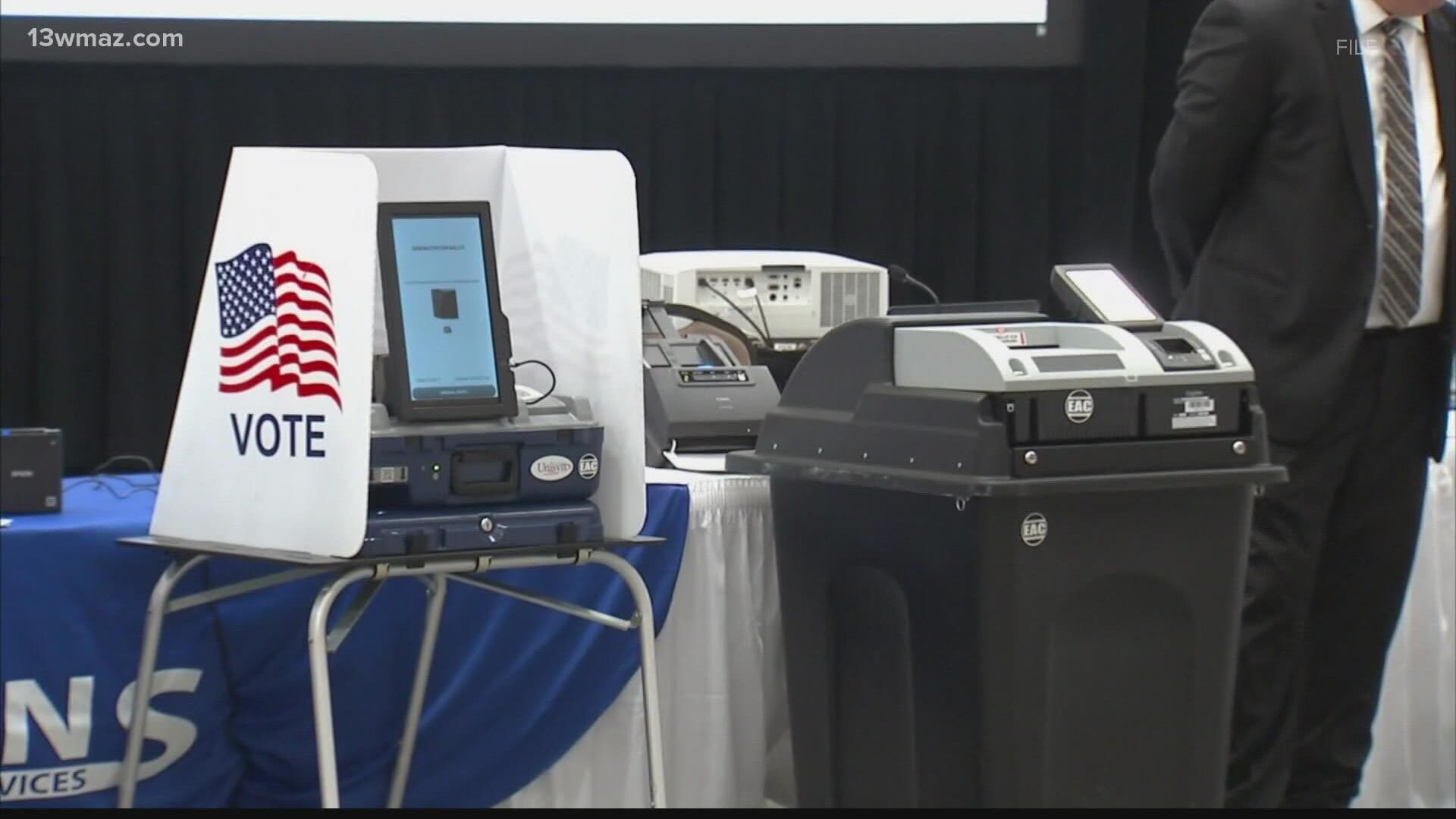MACON, Ga. — There's been some controversy over a new election bill passed by the Georgia House Tuesday night. Black clergy members from across the state of Georgia are held a virtual press conference Wednesday to protest. They claim it's just another attempt at suppressing voters.
We talked with people on both sides of the issue to see where they stand.
House Bill 1464 would allow the Georgia Bureau of Investigation to check paper ballots after an election, investigate election fraud claims, and limit counties from receiving public donations for their elections.
Republican State Representative James Burchett, one of the sponsors of the bill, says it'll improve election security and increase transparency on how ballots are handled.
"This is good policy. We're creating, expanding the right to vote, and the security piece – it's important to secure our elections regardless of what your political leanings are, securing our elections is important,” he says.
The bill's passing has led to protests over election enforcement, but Burchett disagrees.
"It's entirely disingenuous to say, 'Well, this is just not needed or not wanted, or is going to make things too hard,’” Burchett says. “I empathize with their position and I'm open to a conversation."
However, opponents say that officials like Burchett aren't seeing the bigger picture.
Paul Little, pastor at Bibb Mt. Zion Baptist Church is among the Black clergy members that are protesting this bill. He says he's taking a stand for his community.
Pastor Little says this is a new spin on historical methods of voter intimidation and suppression.
"It basically is a threat to our democratic process, right? When we talk about voting, that's one of our fundamental things we have, especially for minorities and people of color. Now, we're seeing some of those things happening to present more hurdles to prevent people from voting in local, and even statewide elections.”
Little says the goal of the virtual protest against the bill is to show people that the fight for their rights isn't over.
"Here are the implications of those bills and here's how to make the necessary adjustments to still exercise our rights to vote. Even though the rules of the game have changed, we don't stop playing the game. We just switch our strategy,” Little says.
This bill now goes to the Senate for debate. The legislative session ends April 4.

